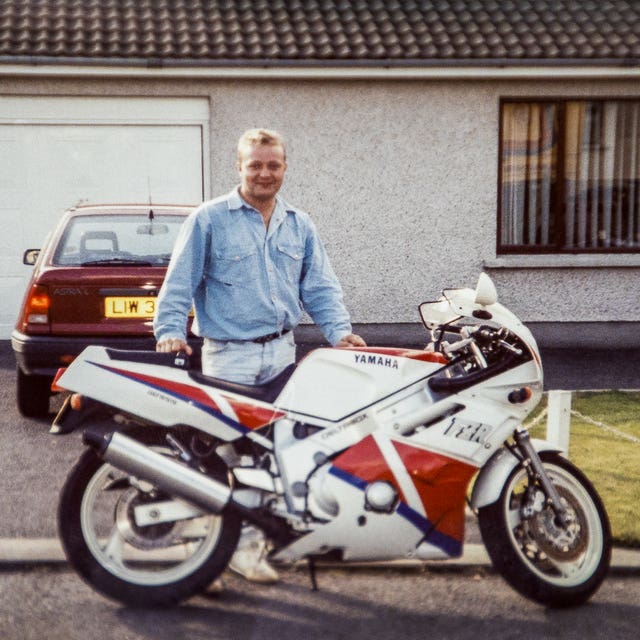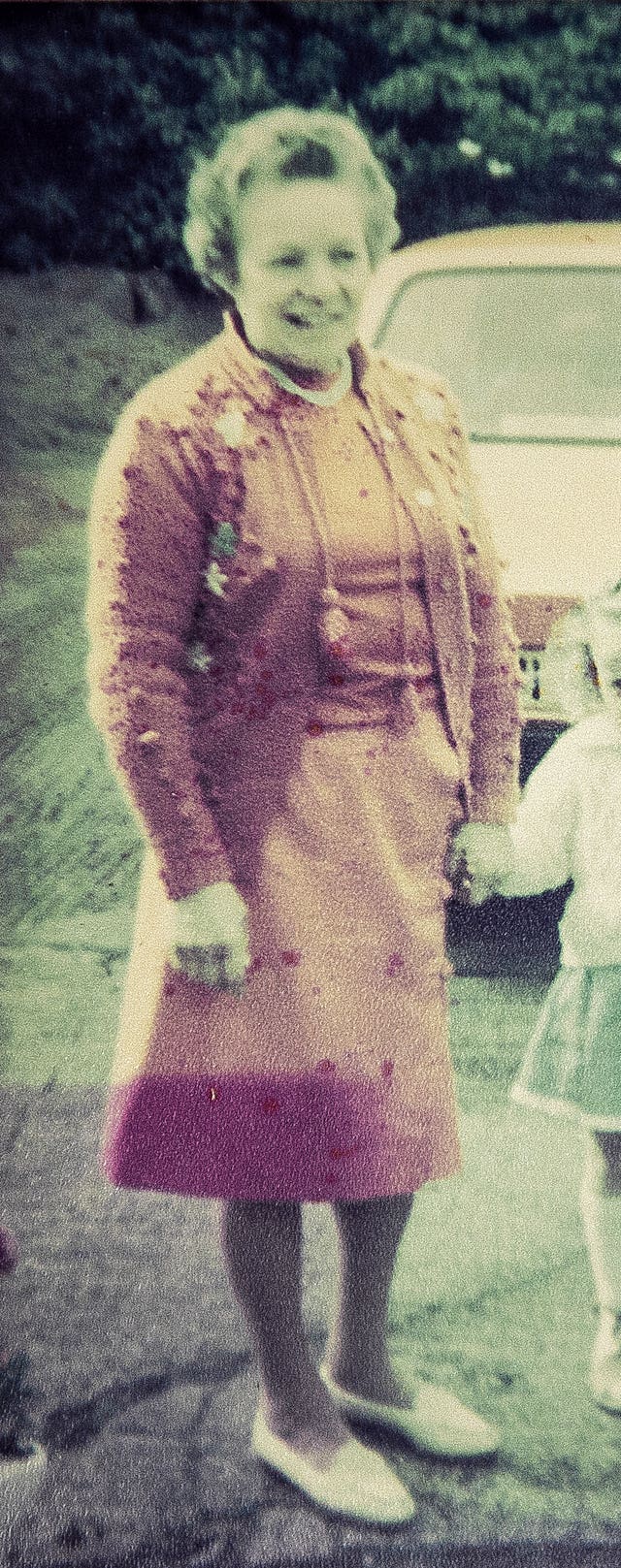Woman who lost three relatives in Troubles backs call for recognition payment
Two of Lorna McCollum’s sons were killed by terrorists in Northern Ireland as well as her mother-in-law, before her husband died of a heart attack.

A woman who lost three members of her family to terrorism in Northern Ireland has backed calls for a fund for recognition payments for the bereaved.
Two of Lorna McCollum’s sons were killed during the Troubles, as well as her mother-in-law.
Lily McCollum, 61, was killed by a booby trap bomb in Cookstown, Co Tyrone, which was believed to have been intended for her brother, in July 1983.
A decade later, Nigel McCollum, 25, died in a rocket attack as he carried out maintenance work at a security force base in Keady, Co Armagh, in March 1993.
His brother, Reginald McCollum, 19, a private with the Royal Irish Regiment, was abducted and killed on May 1994 following a night out in Armagh.
The trauma of the experience led to Mrs McCollum’s husband suffering a fatal heart attack just a few months after Reginald’s death.
Mrs McCollum rarely speaks publicly, but told the PA news agency that she now wants to back a campaign for recognition payments for the bereaved.

It included an annual payment made to a spouse or partner of someone who was killed, in recognition of their loss, as well as payments for parents of victims.
Victims’ group Seff is calling for the new payments strategy being developed by the Executive Office to include “sustainable support for the bereaved”.
It described the cutting-off of the previous fund for new applicants as “morally indefensible”, adding that those bereaved “remain bereaved and forever will be”.
Two other women – the widow of a soldier killed in the Hyde Park bomb and the widow of a murdered Garda sergeant – are among those who are backing the call.
Mrs McCollum was left to raise her four surviving children by herself, and try to explain to them what had happened.
She recalled how her youngest, and only daughter, had been due to be with her grandmother on the day of the bomb as she had gone to her brother’s house to check on the property when the device exploded. Her daughter was just three years old at the time.
“I don’t know how you would explain, only people who have been through the same thing can know what it is like,” she said.
“There was no proper help at the time; I went back to work and that helped me.
“The recognition payments are more about the recognition from government of the wrongs that were done to us.”

“I don’t think it’ll ever happen,” she said, but added that she would like answers about her sons’ deaths.
The family received a report from the now defunct Historical Enquiries Team (HET), but it had been wound up before they could receive reports on the men’s killings.
Mr McCollum recalled her sons’ passion for motorbikes, which they shared with their father, and said she often thinks about them, wondering what they would have thought about modern developments, such as the internet.
“One of my sons has two kids and my daughter has a daughter. When they were smaller they would look up to the photographs, and we would tell them ‘That’s Reginald, there’s Nigel and that’s your Granddad’,” she said.
“Nigel drove a crane, he liked the motorbikes, he had a girlfriend and was putting money away to buy a house.
“Reggie liked motorbikes too and their dad, all of them were into motorbikes and cars.
“Reggie was in the cadets and then went on to join the Royal Irish. His passing-out parade was in the June, just a few months after Nigel was killed in March.
“I wouldn’t have imagined a year later Reggie would have been killed too.”





